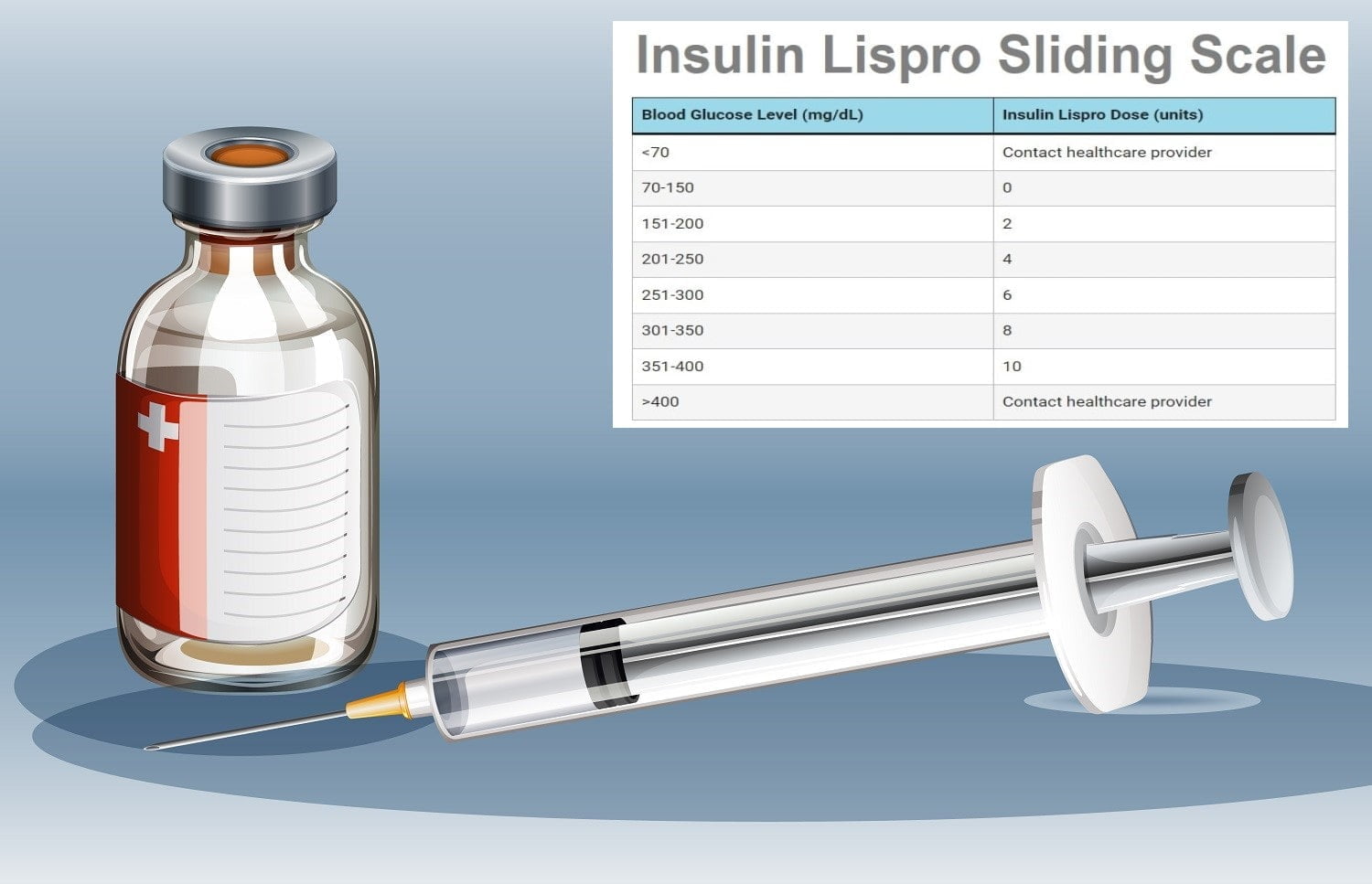Insulin is a complex biological molecule that plays a crucial role in regulating blood sugar levels in the human body. Despite its importance, there is some confusion regarding the exact classification of insulin.
In this article, we will clear up the confusion and provide a comprehensive overview of insulin, including its structure, function, and classification.
Is Insulin a Hormone or Enzyme?
Insulin is a hormone, not an enzyme. It is produced by the beta cells of the pancreas, specifically in the islets of Langerhans. Hormones are signaling molecules that regulate physiological processes, and insulin plays a crucial role in maintaining blood sugar levels. It facilitates the uptake of glucose from the bloodstream into cells, especially in muscle, liver, and fat tissues, where it is used for energy or stored for future use.
Additionally, insulin regulates the metabolism of carbohydrates, fats, and proteins. Unlike enzymes, which are biological catalysts that speed up chemical reactions, insulin does not catalyze reactions but instead acts as a messenger to control various metabolic activities in the body. This distinction underscores its classification as a hormone rather than an enzyme.
What is Insulin?
Insulin is a hormone produced by the pancreas that helps regulate glucose levels in the blood. It does this by facilitating the uptake of glucose into cells, where it can be used for energy or stored for later use. Insulin also helps regulate the liver’s production of glucose and the breakdown of stored glycogen into glucose. 01
Structure of Insulin
Insulin is a small protein composed of 51 amino acids. It has a unique, three-dimensional structure that allows it to bind to and activate specific receptors on cells. The amino acid sequence of insulin is highly conserved among species, meaning that the structure of insulin is very similar across different species.
Function of Insulin
Insulin performs several important functions in the human body. It helps regulate blood glucose levels by facilitating the uptake of glucose into cells and reducing the production of glucose by the liver. Insulin also promotes the storage of glucose as glycogen in the liver and muscles.
In addition to regulating glucose levels, insulin also plays a role in fat metabolism. It stimulates the uptake of fatty acids into cells and promotes the synthesis of fatty acids.
Insulin as a Hormone
Insulin is commonly referred to as a hormone because it is produced by a gland (the pancreas) and travels through the bloodstream to target tissues, where it exerts its effects. Hormones are chemical messengers that are produced by endocrine glands and act on specific target tissues.
Insulin as an Enzyme
Although insulin is more commonly referred to as a hormone, some experts argue that it should be classified as an enzyme. Enzymes are proteins that catalyze chemical reactions, and insulin can be considered an enzyme because it facilitates the uptake of glucose into cells.
Conclusion
In conclusion, insulin is a complex biological molecule that plays a crucial role in regulating blood glucose levels in the human body. Although it is commonly referred to as a hormone, some experts argue that it should be classified as an enzyme. Regardless of its classification, insulin is an essential molecule that is critical for maintaining proper glucose levels in the body.
FAQs
- What is the role of insulin in the body?
Insulin plays a crucial role in regulating blood glucose levels by facilitating the uptake of glucose into cells and reducing the production of glucose by the liver. It also promotes the storage of glucose as glycogen in the liver and muscles and plays a role in fat metabolism.
- What is the structure of insulin?
Insulin is a small protein composed of 51 amino acids with a unique, three-dimensional structure. The amino acid sequence of insulin is highly conserved among species, meaning that the structure of insulin is very similar across different species.
- How is insulin produced and secreted?
Insulin is produced by the pancreas and secreted into the bloodstream in response to elevated blood glucose levels. The release of insulin is regulated by several factors, including the levels of glucose, amino acids, and fatty acids in the blood.
- Can insulin be synthesized in the laboratory?
Yes, insulin can be synthesized in the laboratory using recombinant DNA technology. This has revolutionized the treatment of diabetes, as patients can now receive synthetic insulin that is identical to the insulin produced by the pancreas.
- How does insulin work in the body?
Insulin works by binding to specific receptors on cells and activating a cascade of signaling pathways that lead to the uptake of glucose into cells, the reduction of glucose production by the liver, and the promotion of glucose storage as glycogen. Additionally, insulin stimulates the uptake of fatty acids into cells and promotes the synthesis of fatty acids. These effects work together to regulate blood glucose levels and maintain proper glucose homeostasis in the body.
Conclusion
Insulin is a critical molecule in the regulation of blood glucose levels and proper glucose homeostasis in the body. Whether classified as a hormone or an enzyme, insulin is essential for maintaining the health and well-being of individuals, particularly those with diabetes.
By providing comprehensive information on the structure, function, and classification of insulin, we hope to clear up any confusion and help individuals better understand the importance of this molecule.





